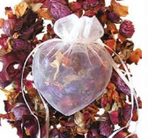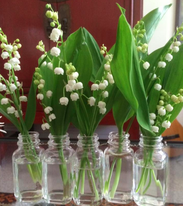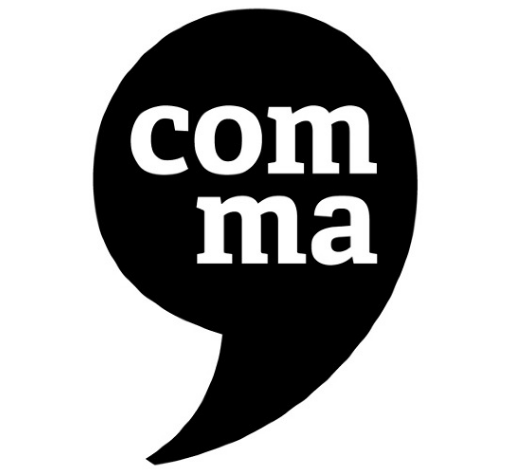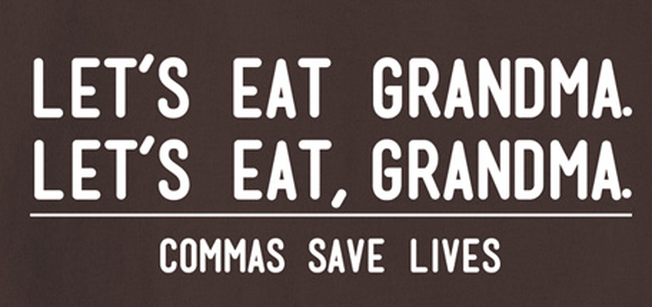Beth Aldrich
|
Adverbs have a definite place in your writing, specifically, they're words that modify other adverbs. My adverb of choice is VERY. As an emotionally charged person, I often try to express the impact of my word choices by using this little guy whenever I can. When you start to edit your writing, however, you realize that very is not so very helpful in some cases. In addition to making your manuscript wordy, it become repetitive when using the same little adverb over and over to express impact. Here's a sample little of options you can consider when trying to replace the very, very sweet little word, VERY. Very Noisy----------Deafening
Very Often----------Frequently Very Old----------Ancient Very Open----------Transparent Very Painful----------Excruciating Very Pale----------Ashen Very Perfect----------Flawless Very Poor----------Destitute Very Powerful----------Compelling Very Pretty----------Beautiful Very Quick----------Rapid Very Quiet----------Hushed Very Rainy----------Pouring Very Rich----------Wealthy Very Sad----------Sorrowful Very Scared----------Petrified Very Scary----------Chilling Very Serious----------Grave Very Sharp----------Keen Very Shiny----------Gleaming Very Short----------Brief Very Shy----------Timid We love our pets and would do anything to protect them. They are a huge part of our lives and that's why I typically include pets, specifically dogs, in my novels. They add a rich layer of love, devotion, and protection to the plot and characters. Here's an article that will also offer you additional great information: https://www.thedailygardener.com/poisonous-garden-plants Common everyday items in our homes could pose a threat to our furry loved ones, without even knowing it. To make your home safer for your lovable sidekick (and our story characters), here's a handy list of objects that you should keep your eye on, and securely out of your pet's way:
As a passionate comma lover, I enjoy using them whenever possible. Like many people, I sprinkle them here and there, hoping that they work. There is a rhyme and reason to these black-tailed little rhetoric friends of ours. Check out this list below to help clarify some things for those of you who may have forgotten--or as a gentle reminder.
What are subordinating conjunctions? A subordinating conjunction is a word that introduces an adverb clause. Here are some subordinating conjunctions: once, only if, since, the first time, though, unless, until, when, whenever, whereas, whether or not, while, after, although, as, as soon as, because, before, by the time, even if, even though, every time, if, in case, in the event that, just in case, and now that.
You have this awesome idea for a short story, poem, or book but are unsure about length. You want the world to read your magnificent genius work, but are worried about publication. Don't worry, just take a breath and accept that you are a writer, no matter where it takes you. Large or small, your words matter.
Below I've collected a few words of advice from fellow writers that may help steer your inspiration today...
Bon-App-a Write, Beth After blogging for over five years at RealMomsLovetoEat.com I was hacked and lost all of my cherished content. Unfortunately for me, the person who was hosting my site didn't back it up... quite a lesson learned. Now, I start again.
My goal is to inspire, share, and reveal my thoughts about writing, topics related to my writing and the world around us. There are thousands of stories waiting to be written. My head is full of fantastical content, just waiting to be released. Enjoy this journey with me as I introduce you to the ideas and people living in my head. They have a lot to say and now I will give them a voice. Bon Appa-read! Beth |
Beth AldrichAuthor and Creative Writer. Mom of 3 awesome sons. Chocolate and bacon lover. Tibetan Terrier snuggler. Archives
January 2020
Categories |












